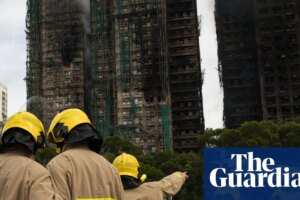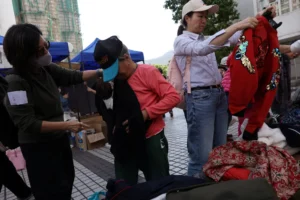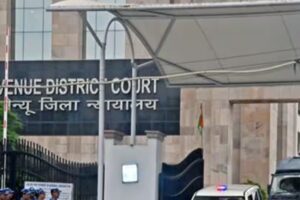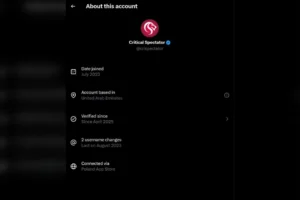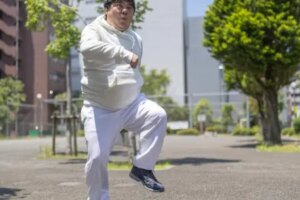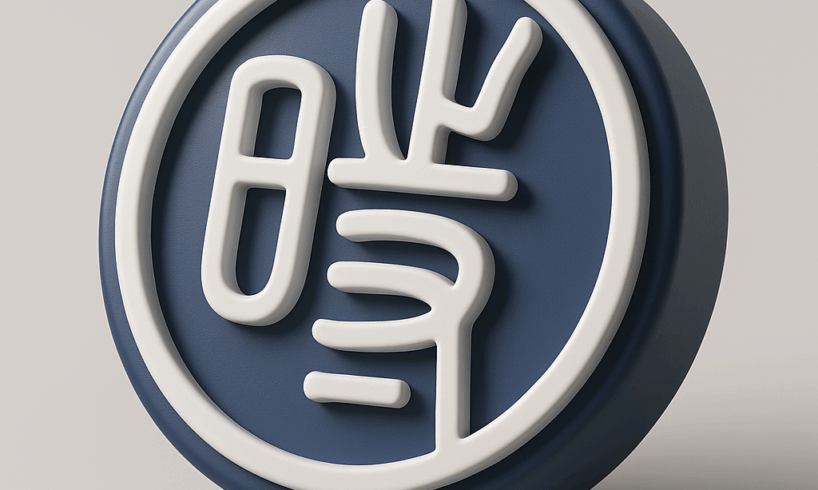
Knowing when and what to critique is a delicate matter for Chinese journalists. Party censorship constrains journalistic zeal, forcing journalists and media outlets to navigate red lines at their own peril. Many try to find cracks within the system and tailor their output to the fluctuating tide of top-down restrictions. Some journalists are forced to continue their work from abroad. However, some media figures and organizations are so co-opted by the CCP that their attempts to publicly exercise and promote journalistic principles—only during the most anodyne events—are met with ridicule.
The All-China Journalists Association (ACJA) is a recurring example. The winning news pieces of the ACJA’s two most prestigious annual prizes for reportage last November were so servile that some observers declared, “News is dead.” This month, the organization spoke out about an incident in which a company executive (surnamed Xie) violently smashed the camera of a journalist who was visiting his offices in Hunan in the course of reporting on a corruption investigation. Xie also smashed the glasses and tore the clothing of a camera operator who tried to intervene. The ACJA released a statement proclaiming that “interviewing is a journalist’s right.” David Bandurski at China Media Project described the hypocrisy of the ACJA’s statement and its function of distracting from the state’s systemic violence against journalism:
Against this backdrop of strict press control and local information empowerment, the ACJA’s talk of journalist’s rights does not accord with political realities. The true right to report is vested in those who wield political power, which is why only protected state media outlets can pursue “supervision” in China today against small-time consumer concerns, or malfeasance by small companies and individuals. This is sometimes referred to critically in Chinese as “swatting flies and letting tigers run free.”
Even these state media journalists are not safe from harassment when reporting local stories. In one recent case in March 2024, a filming crew from the Party-run China Media Group (CMG), reporting for the state broadcaster China Central Television (CCTV), was hustled away from the scene of a deadly gas explosion in Henan province during a live broadcast. How could that happen? Because the real media policy at the state-level, and therefore at every level beneath, is information suppression.
[…] As shocking as the scene outside the Hunan Fengxu Cable Company might have been, nothing whatsoever about it is difficult to believe. China’s constitutional right to freedom of expression is routinely trampled by a system that pulls journalists back from breaking stories, directs them to avoid sensitivities, and obliterates online posts in the millions.
[The company executive] Mr. Xie is not a monstrous outlier. He is a raw and rough allegory for the system as it was designed. [Source]
A WeChat article published late last month by blogger Li Yuchen criticized the ACJA for “showing courage only when there is no risk.” Li cites the example of the ACJA’s failure to defend Li Dong, a reporter for the Beijing Youth Daily who went missing in June 2025 while reporting on a story about a man who was tortured to death while under RSDL (residential surveillance at a designated location) in 2019 in Shijiazhuang, Hebei province. (Li Dong was detained and threatened by police, and later released.) Li Yuchen compares the organization’s strong words about a broken camera with its habitual silence about Chinese journalists who are routinely harassed and impeded from investigating incidents of injustice, particularly where powerful vested interests are involved:
Condemning this behavior [by Mr. Xie] is safe, a way of earning brownie points by appearing to stand up for civility and the rule of law, and defending the dignity of the industry as a whole.
[…] Boss Xie smashed a physical camera. But what the “special task force” [established in Shijiazhuang to quash reporting and inquiries into the unexplained RSDL death] wanted to smash was an invisible form of oversight: a spirit of inquiry and truth-seeking.
[…] What’s lost when a journalist goes missing? It means hours of anguish for their family, and a loss of confidence in an entire industry.
It means that society is deprived of its right to know the truth.
It makes a sound so soft that if you don’t listen carefully, you might think it had never happened.
And that silence is far more terrifying than the noise of ten thousand cameras being smashed. [Chinese]
Chinese journalists and media outlets have struggled with growing editorial interference by the state and other political and economic pressures. Shedding light on how censorship operates in the newsroom, the Made in China Journal’s Gateway to Global China Podcast released its second episode about the experience of being a journalist in China. Host Yangyang Cheng spoke with veteran Chinese journalists Luqiu Luwei and Fang Kecheng. The latter described the spectrum of externally and internally imposed censorship, and the creative ways that he and his journalistic colleagues managed to push the boundaries of what was possible:
Self-censorship, of course, it exists. But most journalists I knew actually tried to push the boundaries when they could [report on something]. For example, if there is a big accident, like an explosion somewhere in central China, reporters would rush to get there as fast as possible. Because trying to report before any censorship restriction orders came down, you may have this chance of a few hours of time window to publish some reports.
[…] Basically, [censorship] is not like someone standing over our shoulder checking every word we wrote. It’s more like playing a game where the rules keep changing, and you’re always trying to figure out how far you can go without getting into trouble. So some days, you could push pretty far. And other days, the limits were quite tight. But the thing is that you are always part of the bigger system. At the end of the day, the system had the final say.
[…] There are some tricks that you can play. The founding chief editor of Southern Weekly, Zuo Fang, I read his memoir and he mentioned a few of those tricks. For example, letting the… when we cover any sensitive figures or sensitive issues, we cover the non-sensitive part of that. For example, I think it was… during the 1980s or early 1990s, there was a sensitive party figure, Hu Jiwei. And Southern Weekly published a story about him, but it’s only about his marriage, his personal life, not about his political views. And another thing is that Zuo Fang also says, when you cover some non-sensitive issues or figures, we actually try to add some sensitive elements into that to attract more audience.
[…W]hen covering some sensitive issues, the editors will try to do what we call counter clickbait. Basically, try to write the most boring headline. But if you read that, actually people will know that there is some really spicy information in that. […Maria Repnikova] proposed a concept or a phrase to describe this. She calls this guarded improvisation, meaning that this is actually a dynamic where both sides are constantly adjusting and improvising, but there are, of course, boundaries so it’s guarded. It’s guarded by the state by the system. But it’s not like we were working from some fixed script. [Source]
Meanwhile, Sinophone journalists in the diaspora are working on ways to continue reporting critically on China from abroad, where there are perhaps fewer censorship constraints. Last week, U.K.-based The Chaser News (追新聞) and Taiwan-based Photon Media (光傳媒) announced a merger into a new media outlet called PULSE HK (追光者). The group has started a fundraising campaign and attracted former members of Hong Kong’s i-Cable News and RFA Cantonese. Also, last month, Vivian Wu at Dasheng Media hosted a YouTube interview with Circle 19 members Chang Ping (who is also the editor of CDT Chinese), Filip Noubel, Kris Cheng, and Alison Sile Zhao on the topic of overseas Chinese media in an age of rising authoritarianism. The group discussed how overseas Chinese-language media navigate exile and censorship, and how the right to information access for the Sinophone world can provide a positive vision for the future.
